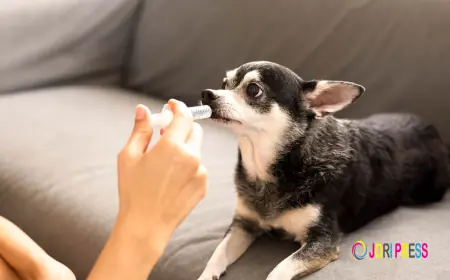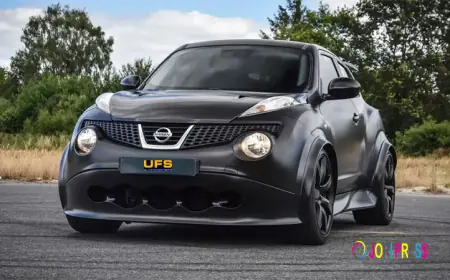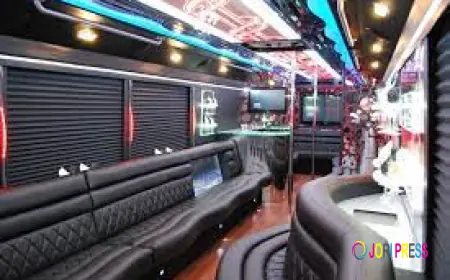Frontier Airlines Pet Policy +1-855-742-0149
Frontier Airlines Pet Policy
Traveling with pets can be a stressful experience, especially when you're unsure of the airline's regulations. Fortunately, Frontier Airlines has made it relatively simple for pet owners to understand what’s allowed and how to prepare. If you’re planning to fly with your furry, feathered, or even scaled companions, this guide to the Frontier Airlines Pet Policy covers everything you need to know—from allowable pet types to fees, carrier requirements, and helpful travel tips.
Overview of Frontier Airlines Pet Policy
The Frontier Airlines Pet Policy allows small, domesticated pets to travel in the cabin with passengers on most domestic flights. However, pets are not accepted as checked baggage or cargo, which means larger animals that can't fit under the seat in front of you won’t be allowed on board.
This policy applies to:
-
Domestic flights within the United States (including Puerto Rico and the U.S. Virgin Islands)
-
Flights to and from certain international destinations (restrictions apply)
What Types of Pets Are Allowed?
According to the Frontier Airlines Pet Policy, the following pets are allowed in the cabin:
-
Dogs
-
Cats
-
Rabbits
-
Guinea pigs
-
Hamsters
-
Small household birds
Note: While these animals are allowed on domestic flights, only dogs and cats are permitted on international flights.
Unaccepted Animals:
-
Reptiles (including snakes, lizards, and turtles)
-
Amphibians
-
Spiders and insects
-
Exotic animals (e.g., ferrets, monkeys)
-
Large birds such as parrots or macaws
Always check with the airline directly if you have a pet that isn’t on the common list to ensure compliance with the Frontier Airlines Pet Policy.
Cabin Requirements for Pets
To ensure a smooth travel experience, Frontier Airlines requires pets to remain in their carrier throughout the flight. The carrier must fit under the seat in front of you and comply with the following conditions:
-
Dimensions: The pet carrier should not exceed 18″ length x 14″ width x 8″ height.
-
Type: Hard-sided or soft-sided carriers are accepted, but soft-sided is generally recommended for flexibility.
-
Ventilation: The carrier must be well-ventilated and secure.
-
Cleanliness: The carrier must be clean and escape-proof.
Each passenger is allowed only one pet carrier, but multiple small pets of the same species (e.g., two kittens) can travel in one carrier if they fit comfortably and safely.
Frontier Airlines Pet Policy Fees
Bringing your pet onboard isn’t free. As of the latest policy update, Frontier Airlines charges a pet fee of $99 per flight segment. This means a round-trip flight would cost an additional $198 for your pet.
This fee is non-refundable and must be paid at the time of booking or added to your reservation later.
Booking a Flight with a Pet
Here’s how to add a pet to your flight reservation:
-
During Booking: Select “Traveling with a pet?” when booking on Frontier’s website or app.
-
After Booking: You can call customer service or manage your booking online to add a pet.
-
Airport Check-in: Pets must be checked in at the ticket counter—online or kiosk check-in is not allowed when traveling with pets.
Pro Tip: Arrive early at the airport to allow time for pet check-in and verification of carrier compliance.
Health & Documentation Requirements
Unlike some airlines, Frontier Airlines does not require a health certificate for pets on domestic flights. However, a valid rabies certificate is recommended for dogs and cats.
For international travel, documentation requirements vary by destination, and it is the passenger’s responsibility to ensure they meet all entry and exit requirements for both countries. This may include:
-
Health certificates
-
Proof of vaccinations
-
Microchip implantation
-
Quarantine regulations
Always consult your veterinarian and the destination country’s embassy at least 2–3 weeks before travel.
Emotional Support and Service Animals
As of recent changes in federal regulations, emotional support animals (ESAs) are no longer considered service animals and must comply with the standard Frontier Airlines Pet Policy.
This means:
-
ESAs must travel in an approved carrier.
-
ESA pet fees apply.
-
Size and species restrictions apply.
However, trained service animals, such as guide dogs, are still allowed to travel free of charge in the cabin with proper documentation.
Passengers traveling with service animals must submit:
-
DOT Service Animal Air Transportation Form (required 48 hours before flight)
-
Identification and/or training documentation (if available)
Tips for a Smooth Travel Experience with Pets
Here are some helpful tips to ensure both you and your pet have a pleasant flight under the Frontier Airlines Pet Policy:
-
Book Early: Frontier limits the number of pets per flight, so booking early helps secure your pet’s spot.
-
Acclimate Your Pet: Get your pet used to the carrier before travel to reduce stress.
-
Pack Essentials: Bring waste bags, a collapsible water bowl, a small amount of food, and any medications your pet may need.
-
Avoid Sedation: Most vets recommend against sedating pets for air travel, especially in cabin.
-
Limit Food Intake: Feed your pet a light meal 4–6 hours before the flight to avoid accidents.
Restrictions and Limitations
While Frontier is generally pet-friendly, there are a few limitations to keep in mind:
-
No pets are allowed in emergency exit row seating.
-
You may not sit in first row or stretch seating with a pet.
-
Some aircraft may have limited under-seat space.
-
The airline reserves the right to deny boarding to any pet showing signs of aggression or poor health.
Always double-check the Frontier Airlines Pet Policy before your trip, as rules and procedures can change without notice.
Final Thoughts
The Frontier Airlines Pet Policy is designed with both safety and comfort in mind—for passengers and pets alike. While they don’t accept pets in cargo, Frontier makes in-cabin travel relatively straightforward for small animals.
What's Your Reaction?
 Like
0
Like
0
 Dislike
0
Dislike
0
 Love
0
Love
0
 Funny
0
Funny
0
 Angry
0
Angry
0
 Sad
0
Sad
0
 Wow
0
Wow
0


















































